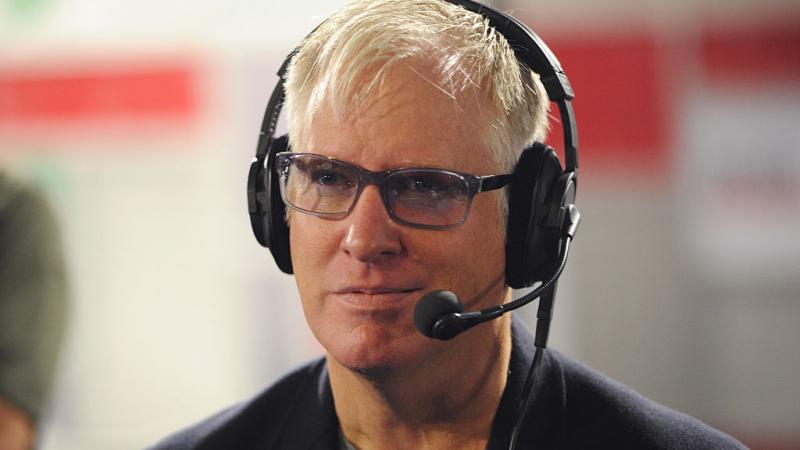Pandemic lockdown boosts efforts to drop college admissions SAT requirement
85% of U.S. News and World Report’s top 100 ranked liberal arts colleges have now gone test-optional for fall 2021 admissions, according to a report compiled by the nonprofit FairTest.
With many of America’s most elite colleges and universities responding to COVID-19 by changing admissions requirements to allow students to opt out of reporting their standardized test scores, the SAT and ACT have become collateral casualties of the pandemic.
A “test-optional movement” to eliminate reporting the scores to counter perceived racial bias in the exams long predates the COVID-19 crisis, however the pandemic appears to have accelerated its momentum.
Among U.S. News and World Report’s top 100 ranked liberal arts colleges, 85% have now gone test-optional for fall 2021 admissions, according to FairTest, a nonprofit opposed to standardized testing.
On April 6, 2020, Williams College suspended its requirement that students submit their standardized test scores. Cornell University soon did the same.
Even Harvard relaxed its admissions standards to accommodate students affected by COVID-19. In a statement released on June 15, the college told prospective applicants for the class of 2025 that it would assess their candidacy “without requiring standardized test scores.”
Five more Ivy League schools — Yale, Columbia, Brown, Penn, and Dartmouth — have also joined the crush of schools eliminating standardized test requirements. So too have Tufts, Northeastern, and Boston University.
“We are responding to the shifting landscape, with juniors in high school not able to access testing, and we wanted to be flexible,” Boston University Dean of Admissions Kelly Walter said. Her office will review the policy again “next spring.”
In 2018, the University of Chicago, whose rigorous curriculum earned its reputation as “a place where fun comes to die,” became the most selective college to drop standardized testing requirements. The decision, University of Chicago Dean of Admissions James Nondorf said, guaranteed that “anybody could aspire to a place like UChicago.”
Less selective schools like George Washington University and James Madison University dropped the SAT and ACT component of their admissions regimes in 2015 and 2017.
In 1969, Bowdoin College became the first elite college to introduce test-optional admissions to alleviate the effects of alleged bias in standardized tests. The policy change, the school's director of admissions Richard W. Moll said on Jan. 19, 1970, emerged from Bowdoin’s discovery of “convincing evidence today that standardized aptitude and achievement tests cannot escape cultural bias.”
The SAT, Moll continued, can “tend to work in favor of the more advantaged elements of our society, while handicapping others.” Bowdoin, however, continued to recruit students on the basis of their SAT scores by “buying names of those who do well on the test.”
Similar complaints about the SAT’s alleged bias against black and minority students have long been a recurring theme in higher education, although, as the New York Times reported on May 23, 2020, the test reliably predicts the college success of high school applicants.
The University of California system voted on May 21, 2020 to phase out its SAT and ACT requirements over the next four years, even after the faculty task force it had convened to study the issue reported back that “standardized tests were a better predictor of college success than high school grades.”
The UC system task force also concluded that the ACT could help “some black, Hispanic, and low-income students by offering an additional metric for those who might have been rejected based on grades.”
Critics of standardized tests insist the assessments are, as the New York Times puts it, “inherently biased in favor of affluent, white, and Asian-American students.”
If social distancing protocols continue to shutter standardized testing sites into next year, it could be cited by such critics as a reason to make test-optional admissions permanent.
The Facts Inside Our Reporter's Notebook
Links
- Optional admissions movement
- FairTest report
- Williams College news release
- Harvard testing announcement
- CNBC: lvies won't require SATs, ACTs next year
- Tufts announcement
- Northeastern announcement
- New Yorker: UChicago reputation
- Washington Post on GW testing decision
- James Madison testing announcement
- Boston.com: Colleges drop SAT, still buy names
- Inside Higher Ed: New evidence of SAT racial bias
- NYT: Why is SAT falling out of favor?
- NYT: Univ. of Calif. to drop SAT, ACT
- Report, UC Standardized Testing Task Force














